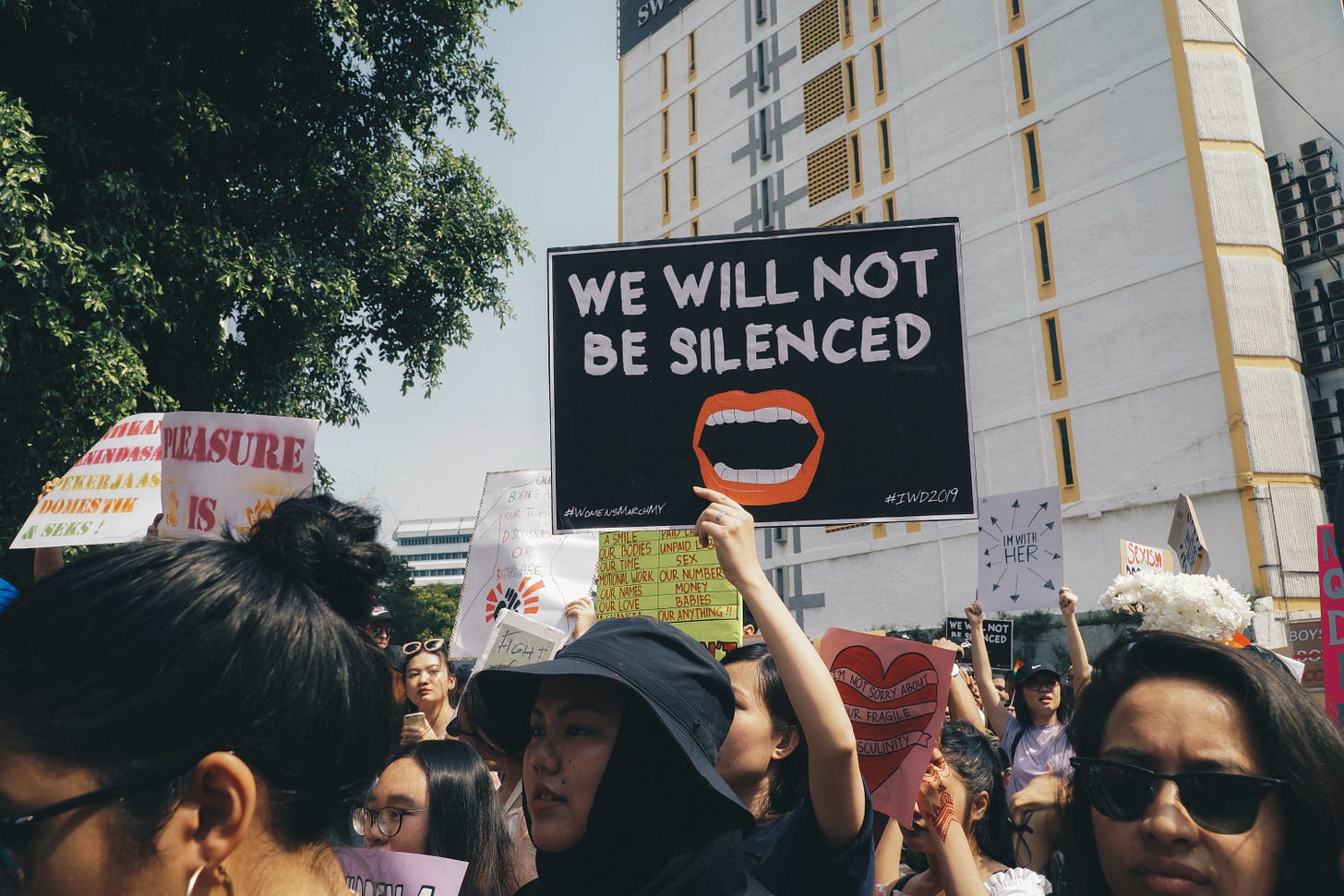A few weeks ago, we started reading from the book of Bamidbar, also known as the book of Numbers. In Hebrew, Bamidbar means in the wilderness. And in this section of the Torah, the Israelites have been wandering in the wilderness for almost forty years.
In this week's Torah portion, we come across five sisters Mahlah, Noah, Hoglah, Milcah, and Tirzah, collectively known in the Torah as the Daughters of Zelophechad.
The daughters’ father had died and left no sons. The daughters learn that the land was to be apportioned to the tribes according to the census, and since only males were counted in the census, women would be left out.
We might expect women, a generation removed from slavery and then put under laws that frequently favors men, to stay silent, close to their tents and remain out of sight. These women go to Moses, and they plead for the right to inherit their land, and the daughters say, "Let not our father's name be lost to his clan just because he had no son! Give us a holding among our father's kinsmen!" In biblical times this was unheard of, and these daughters took a huge risk pleading their case directly before Moses. Moses heard their case, and like all serious cases in the Torah, Moses takes their plea to God, and God takes the side of the daughters. God tells Moses to transfer the father's property to the daughters. God then does more. God tells Moses to tell the entire Israelite community, "If a man dies without leaving a son, you shall transfer his property to his daughter...and this shall be the law for all of the Israelites."
This story encapsulates the challenges that women faced. The story of the Daughters of Zelophechad's was a landmark in women's rights regarding the inheritance of land from those days up to now. In addition, the story of these five women offers a compelling lesson for all of us who believe that our destiny is fixed. It encourages us to think differently— and provides a message of hope for all those faced with obstacles.
The daughters pleaded their case and were able to change the law. We don't have many examples in the Torah of women's voices, women speaking up, and women advocating for themselves. We can learn that sometimes we must step forward and stand up for what we believe is right. These women demanded change and equality in a world where it is not always clear to us what the rights of women were. The story celebrates women's boldness, and as a female rabbi, I celebrate their boldness and their legacy.




